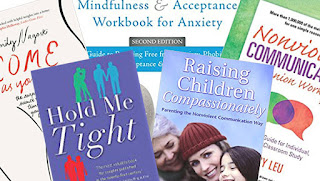The gift of relaxation
Learning ways to relax your mind and body is vital to good mental and physical health and wellbeing. While short-term stress is a natural process designed to protect us from harm, longer-term stress can have a negative impact on our mental and physical wellbeing and lead to conditions such as anxiety and depression as well as physical conditions too. Why not have a go at our relaxation quiz and see if you know how to relax. All the answers to these questions can be found in the advice and resources section of our website > Relaxation quiz and competition 1. Which of the following is an example of immobile relaxation? A Sleeping B Meditation 2. How do physical relaxation methods work? A They occupy the mind so that it is temporarily relieved from stressors. B They tire us out so that we're too tired to think about our worries. 3. Which of the following is an example of physical relaxation? A Tai chi ...




